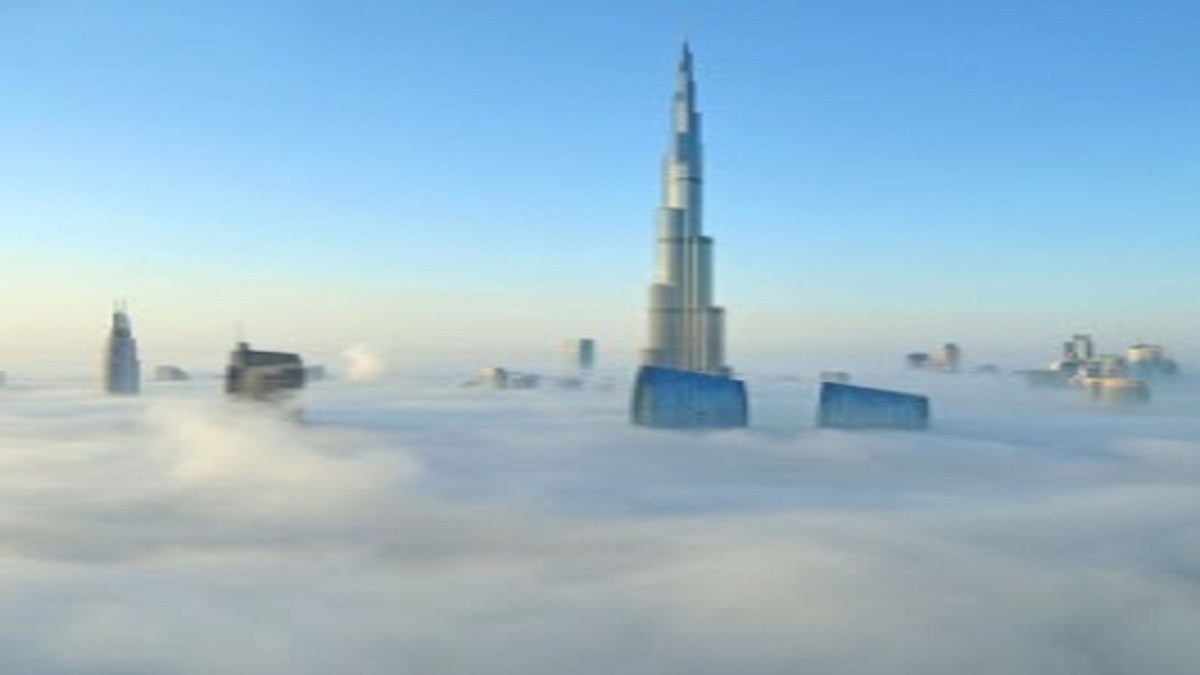The tallest man-made structure in the world (in 2014) is Dubai’s, Burj Khalifa. It stands 2,716 feet tall, cost $1.5 billion, and could not exist without its (very expensive) advanced technologies. In this article, I explain to you the tech behind the world’s tallest building. The building’s condensation collection system, earthquake-resistant technologies, cooling solutions, and power-generating elevators. Not discussed: the lack of a municipal sewage system to handle up to 15 tons of wastewater and 7 tons of poop per day.

What Are The Technology Used To Builindg Burj Khalifa?
Structure
While most builds don’t have to overcome the same issues as a building of Burj Khalifa’s extreme height, these design elements could help in smaller projects where desert conditions or wind are of special concern.
Keeping this giant of a building upright took some special planning and rugged design elements. The build started with extensive geotechnical and seismic studies to develop the sturdiest foundation possible.
Utilities
Mechanical, electrical, and plumbing services had to be planned carefully to accommodate such a huge building while still maintaining efficiency.
A similar system in an office building situated in a hot, humid climate could help reduce water consumption, offsetting part of the building’s cooling costs.
Travel and Safety
Another important feature of Burj Khalifa that could be adapted for commercial construction projects is its consideration for fire safety. This is a crucial concern for any tall building, and designers gave the problem careful attention to this project.